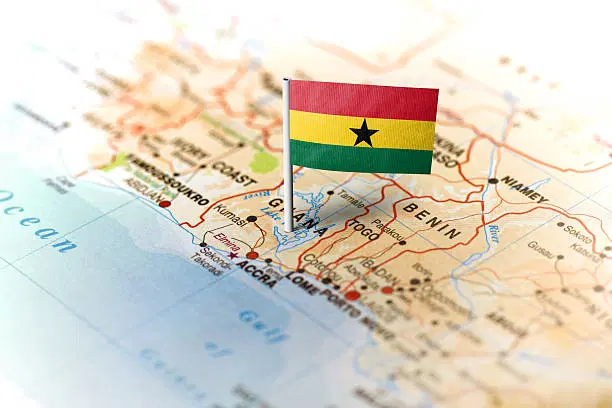News Flash

ACCRA, Feb 26, 2025 (BSS/AFP) - The European Union on Wednesday handed over a
50-million-euro ($52-million) military package intended to bolster Ghanaian
security forces, as West Africa faces mounting threats from armed groups and
jihadists.
The security situation in the region has deteriorated in recent years, with
violent extremist groups linked to Al-Qaeda and the Islamic State group
threatening to expand their reach from the Sahel into coastal nations like
Ghana, Ivory Coast and Benin.
The package includes civil engineering equipment, advanced communication
systems and riverine assets including boats aimed at bolstering Ghana's
border security, intelligence-sharing and counterterrorism efforts.
It follows the EU's delivery of 105 militarised vehicles in 2023, with
further defence support scheduled through 2026.
"Ghana deeply appreciates the EU's steadfast support. This equipment will
empower our security forces to protect our citizens and uphold our democratic
values," Defence Minister Edward Omane Boamah said during the handover
ceremony in the capital Accra.
Prosper Douglas Bani, Ghana's national security advisor, said a comprehensive
security approach was necessary against "violent extremist groups, the
expansion of transnational organised crime networks, and the persistent
threat of cross-border instability".
He said the equipment would also help curb illicit activities such as
smuggling and illegal fishing along Ghana's waterways.
EU Ambassador to Ghana Irchad Razaaly said that "Ghana and the European Union
stand together."
Border security remains a pressing concern as armed groups exploit weak
governance structures and porous borders to conduct attacks and smuggling
operations.
The EU's support aligns with broader international efforts to contain the
spillover of insecurity from the Sahel and strengthen Ghana's role as a
bulwark against regional instability.
Observers have warned however that without sustained political and economic
engagement to address long-neglected rural areas, military-focused campaigns
against jihadism in the Sahel nations of Burkina Faso, Mali and Niger have
failed to stem the violence.
Benin has suffered numerous attacks near its borders with Niger and Burkina
Faso, sparking fears of a spillover into coastal states, though researchers
have said that armed groups from Burkina Faso are using northern Ghana to
rest, refuel and evade authorities.